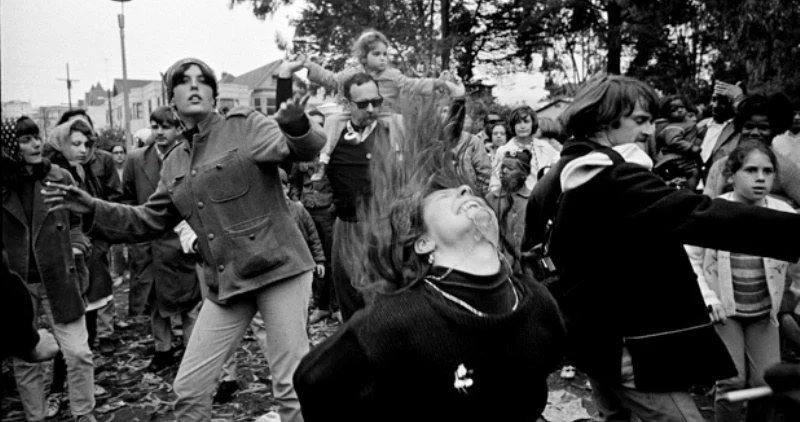by Reid Fitzsimons
A scene in the excellent comedy My Cousin Vinny involved a young man who, when asked by a cop “when did you shoot the clerk?,” responded with an astonished “I shot the clerk??” He, of course, didn’t shoot the clerk, but his “statement” was treated as a confession.


On Labor Day weekend I visited someone I’ve known all my life but never spent much time with; I should add he’s a truly decent guy. I never bring up politics in social situations such as this and had no idea of his leanings, but he mentioned he detested Trump to the point he thinks he should be executed. I asked him why he felt this way and he vigorously mentioned atrocious things Trump has been to reported to say, stating emphatically in some cases, “I heard him say it!” The following discusses some of the egregious and hideous statements attributed to Trump, including those the person “heard” that led to his extreme hatred of Trump, and what the truth actually is.


Charlottesville, VA. In August 2017 there was a “Unite the Right” rally which quickly devolved into violence between protesters and counter-protesters. Several days later Trump was asked about this during a news conference. Included in his response to the loaded question, “Mr. President, are you putting what you're calling the alt-left and white supremacists on the same moral plane?” was a mention, “But you also had people that were very fine people, on both sides.” This was immediately reported as Trump claiming Neo-Nazis and white supremacists were very fine people, and elicited outrage among the usual suspects, including the Democrat party leadership and the media. Joe Biden has repeatedly stated this was a major factor in his seeking the presidency, and is to this moment being used by the Democrat nominee, Kamala Harris, as an example of the hateful nature of Trump. Of course, Trump specifically condemned the Neo-Nazis and white supremacists a few sentences later: “I'm not talking about the Neo-Nazis and the white nationalists, because they should be condemned totally,” yet this total lie was and is being propagated by those who so passionately seem to hate Trump. And, like so many lies, intentional misrepresentations, and fabrications, have proven very effective.


















